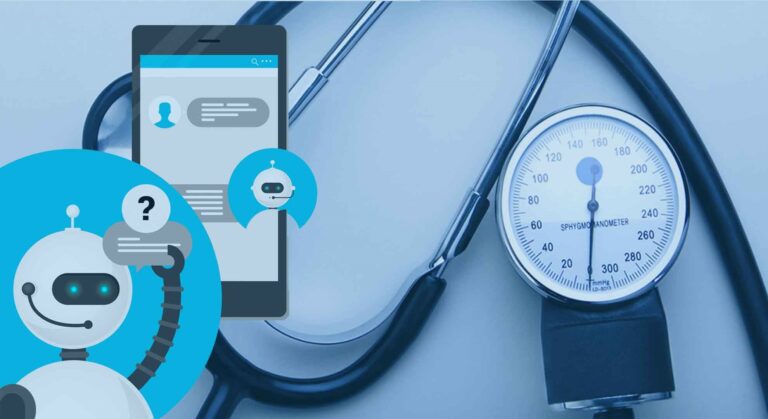
AI Chatbots: New Age Diagnosis Support System for Healthcare During and Post COVID-19
Fast forward the year 2020, we step into the seventh month of the pandemic where COVID-19 is still going strong but the healthcare system across the globe is not ready to give up- all thanks to the undying spirit of the Doctor and other healthcare professionals. But a major contribution comes from the developing technology like Artificial Intelligence (AI). AI has powered not only several healthcare machinery and medical procedures but chatbots too that spring confidence into the human life that many are still not aware of. Technology and IT solutions providers across the globed have started to invest resources in developing AI Chatbots to combat various medical situations at the earliest, giving an initial aid to the sufferers before the actual medical help reaches them. Many doctors find this technology quite interesting and supportive to deal with their patients.
The World Health Organization (WHO) abridges effective COVID-19 pandemic response into four pivotal priorities: Preparation; Detection and protection; Reducing transmission; Innovation and learning. The healthcare industry could use machine vision and AI to help doctors spot physical abnormalities within patients, along with signs of the disease while keeping themselves safe.
The novel Coronavirus pandemic has although occurred in an era of scientific and technological superiority which has also allowed to save many lives. However, the dissemination of exact information about the virus remains a challenge, but the AI/ML and supporting technology is expected to conquer the situation sooner than expected.
Conversational AI aka Chatbots are proving to be a huge help today. AI in healthcare is radically taking multi-shapes befitting doctors, patients, and other healthcare workers’ requirements; AI chatbots are proving their worth during the COVID crisis. As the healthcare industry and technology are adapting to each other and getting evolved, it imposes an important question- What Potentials can artificial intelligence unveil in Telehealth?
Chatbots for Diagnostics: More recently due to social distancing, AI chatbots have started gaining momentum in transforming patient diagnoses and at-home self-care. How does it work? Ok, let’s say you are suffering from mild fever. Do you have to take a doctor’s appointment? Or, do you take a drug without any prescription? A healthcare chatbot will be your immediate help as with basic details like checking your symptoms and other relevant questions to provide a preliminary diagnosis, the AI chatbot will ask you the same screening questions as a health professional would do to rule-out or suspect certain medical conditions. Moreover, chatbots can potentially identify underlying symptoms that you haven’t realised yet.
Boston’s Partners HealthCare is using a Natural Language Processing (NLP) application to screen possible COVID-19 patients before they visit the hospital. This has allowed healthcare workers to screen more potential COVID-19 patients while giving the right guidance.
Radiology for Pandemic Response: The ever-increasing number in infected and potential patients has pressurised hospitals to treat patients faster. But with limited resources and this unlimited demand would have been impossible to meet if AI wasn’t working alongside. A machine vision-powered endoscopy can reveal lung damage or abnormalities without human intervention by analysing the shape and size of the virus or disease indicators it is programmed to recognise. This has also helped some doctors seeking for the accurate method of discerning a patient’s lung condition. Moreover, these machine vision solutions can sense this same problem through computed tomography (CT) scans.
The International Consortium for COVID-19 Imaging AI (ICOVAI) works on a single AI solution for the pandemic on chest CT scans. However, it is yet to be released in beta. The consortium anticipates training this solution capable of prognosis prediction allowing safe and efficient patient room transfers.
The earliest chatbots date back to the 1960s. One of the first important chatbots was ELIZA that generated a spoof of an initial psychiatric interview. Since 2010, chatbots have been only majorly used in customer support or service. Today, the pandemic has provoked the technology to expand itself to medicare field where AI chatbots in healthcare are utilised to gain a foothold in the industry. AI chatbots have incredibly advanced the overall patient experience while reducing the possibility of our doctors contracting COVID-19 from a patient. Post COVID-19, chatbots are expected to become mainstream in the healthcare and medical field and it seems like the need of the hour too.



